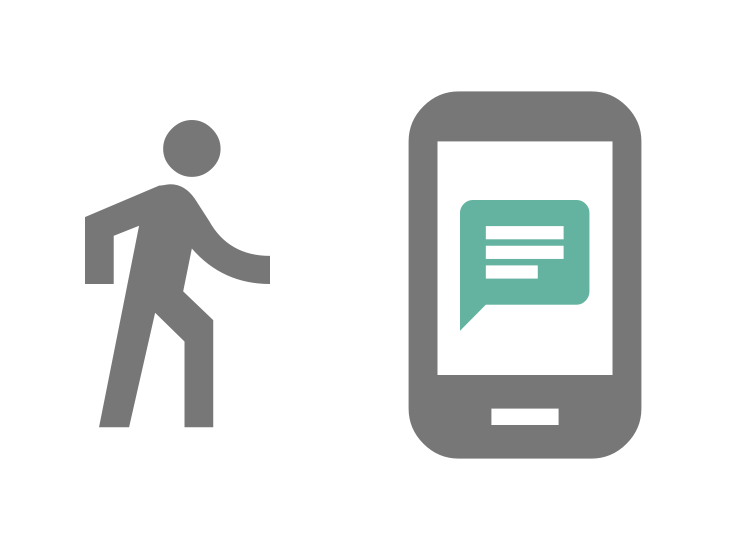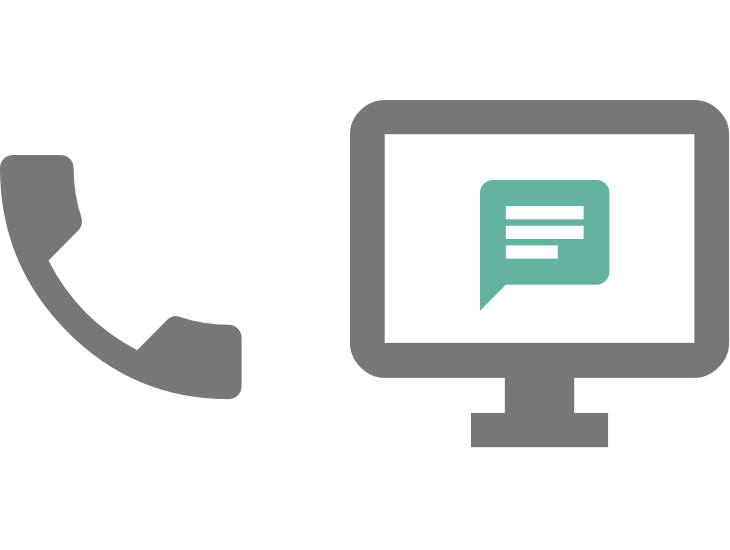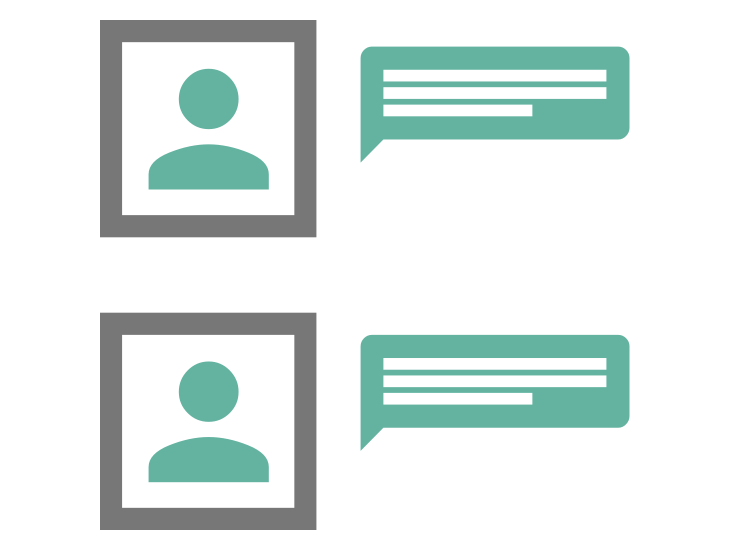GDLive Newsfeed
We check in with people at each stage of the cash transfer process to see how things are going. Take a look at some of their stories as they appear here in real-time.
Learn more about how recipients opt in to share their stories.

access_time
2 years ago
Kadzo
received a $464 second payment.
"GiveDirectly has done extremely well by giving us unconditional transfer. I have faced first hand challenges because of the drought, which includes sleeping hungry, loss of jobs, lack of water and high food prices. The funds have helped me manage the situation and I am happy the burden of taking care of my family has eased in the current situation."
View Kadzo's
profile

access_time
2 years ago
Timothy
enrolled.
"Hunger and insufficient funds are the challenges iam currently facing, the little iam making in a day from casual labour is going straight to buy food that is not even enough for us due to rise prices of commodities."
View Timothy's
profile

access_time
2 years ago
Kenga
received a $27 fifth payment.
"The persistent drought in our area has rendered most of us jobless. I depend mostly on the farm to earn a living. Currently, that is not possible, and I have had to struggle to prove for the family. It is for this reason that I spent half of the transfer in buying food for the family. With the farms being unproductive, I have to buy food from the shop at very high prices. Besides buying food for the family, I spent the other half in improving my house. I bought two bags of cement at KSH 1500 and made concrete blocks. I want to use the blocks in building the walls of my house. My house is made of mud and poles that do not last long because of rotting. Building the walls using the cement blocks will ensure that the house is strong, safe and durable, avoiding frequent repair costs."
View Kenga's
profile

access_time
2 years ago
Mercy
received a $481 initial payment.
"For a long time, we had been dependent on my parents' dairy cows to get at least a free liter of milk every day which was not always guaranteed since the seasons could differ. Over this period, it has been my prayer that I would one day get enough money or raise enough savings to buy a dairy cow for my family of five. The first transfer that I received had to make this project come true. Due to the high prices of livestock during that period, we settled on buying a heifer that was KES 25000. I am determined to rear it to maturity when it will calf down and provide us with enough milk. I also purchased two sacks of maize at KES 8000 that we are still using as foodstuff, clothing for my family of five at KES 14000, two chairs and a table at a total cost of KJES 6000, and saved the remaining amount as a contingency in case any financial demand comes up before we receive the remaining amount."
View Mercy's
profile

access_time
2 years ago
Lilian
received a $481 initial payment.
"I had defaulted the payment of school fees for my child that accumulated to KES 10000 within the past 3 months. The receipt of this transfer facilitated the clearance that relieved me of the hard toil I had been undergoing in the scorching sun to ensure that I raise my savings through casual labor. I also had to settle the upkeep fees for my son who is currently undergoing circumcision within the neighborhood. A complete process needed a total of KES 8000 that I paid at once to allow me to start budgeting for other things. I also purchased clothing worth KES 6000 for my household members, a sack of maize worth KES 6000 that we are using for foodstuff, gave KES 5000 to my husband who needed to replace some parts of his motorbike, and saved the remaining amount in preparation to buy a dairy cow when the current skyrocketing prices come down."
View Lilian's
profile

access_time
2 years ago
Charles
received a $481 initial payment.
"I spent a huge part of the transfer on ensuring that I brought in a lactating dairy cow that is now providing enough milk for my family of five. The prices of livestock hiked right after we received the first transfer and buying a cow was a priority to my family, I spent KES 30000 in securing one. We now get some liters of milk every morning and evening, which has stopped the huge spending that I used to incur while buying milk. I also brought in a dairy goat at KES 5000 that I am currently rearing for milk that will supplement the cow's production during dry periods. I purchased enough foodstuff for the household that included a sack of maize at KES 3200, a sack of 25-kilogram rice at KES 2200, and also beans worth KES 1000. I spent part of the remaining on clothing for my family members and added the remaining KES 5000 to my family's saving account."
View Charles's
profile

access_time
2 years ago
Mwanajuma
enrolled.
"In a village set up like this, the expectation is that food prices are low given that there are large farms to cultivate. This has not been the case for a farmer like me because I buy food each day; the reason being lack of rain. The whole of last year, I did not harvest anything from my farm. The situation is still the same since it is still dry and I have no crops in my farm. Affording basic needs for my family of 8 children is therefore very difficult."
View Mwanajuma's
profile

access_time
2 years ago
Alice
enrolled.
"My husband's monthly medical expenses of KES 10000 is high and my elder daughter is jobless. These makes life really hard mostly now that the food prices are hicked. The situation is much surdening."
View Alice's
profile

access_time
2 years ago
Patricia
enrolled.
"Currently food prices are very high and possibly people have resorted to giving a priority to domestic consumption. This has greatly affected my home decoration business since people no longer give it a priority. I am so worried about the future of my business."
View Patricia's
profile

access_time
2 years ago
Samuel
received a $27 fifth payment.
"I spent the whole of my transfer in buying food for my family. I am currently jobless as I have always depended on the farm to earn a living, which is not the case now. The drought has made it hard for me to work on the farm as we hardly harvest anything. Before the drought I grew vegetables on my farm and after harvesting I would sell it in the market. My wife has been a supportive in selling the vegetables in the market too. I now depend on my sons who work in town to feed us. Because of the harsh economic times, they sometimes cannot send us money and we have to sleep hungry. When I received my transfer, I bought food in bulk because of the lack of a coherent plan on how to get money. I bought 17 packets of maize flour at KSH 1700, 2kgs of sugar at KSH 200, Omena at 500, 2 loaves of bread at KSH 130, tea leaves at 70. I then spent the remaining amount to purchase water for our own home use. Water is a scarce commodity in our village, and we buy it from water vendors at very high prices."
View Samuel's
profile





